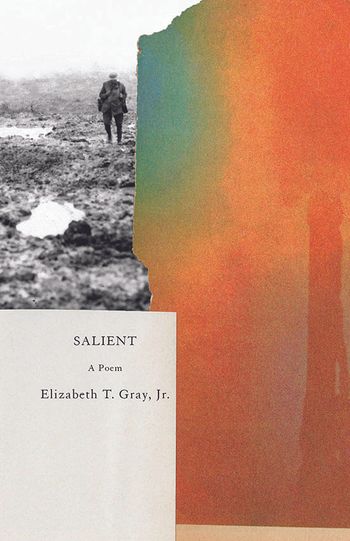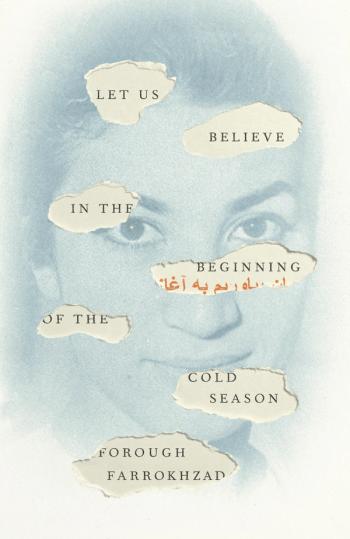With a contribution by Nathaniel Tarn
In the foreword to her book-length poem Salient, Elizabeth Gray writes, “This work began by juxtaposing two obsessions of mine that took root in the late 1960s: the Battle of Passchendaele, fought by the British Army in Flanders in late 1917, and the chöd ritual, the core ‘severance’ practice of a lineage founded by Machik Lapdrön, the great twelfth-century female Tibetan Buddhist saint.” Over the course of several decades, Gray tracked the contours and traces of the Ypres Salient, walking the haunted battlefield ground of the contemporary landscape with campaign maps in hand, reading “not only history, poetry, and fiction, but also unit diaries; contemporary reports and individual accounts; survey information and maps of all kinds; treatises on aerial photography and artillery tactics; and manuals on field engineering and tactical planning.” Out of this material, through a process of collage, convergence, and ritual chöd visualization, Gray has composed a spare, fascinating, lyrical engagement with the Missing, in shell hole and curved trench, by way of amulets and obstacles. What is salient rises from the secret signs in song, like a blessing, protected from harm.


